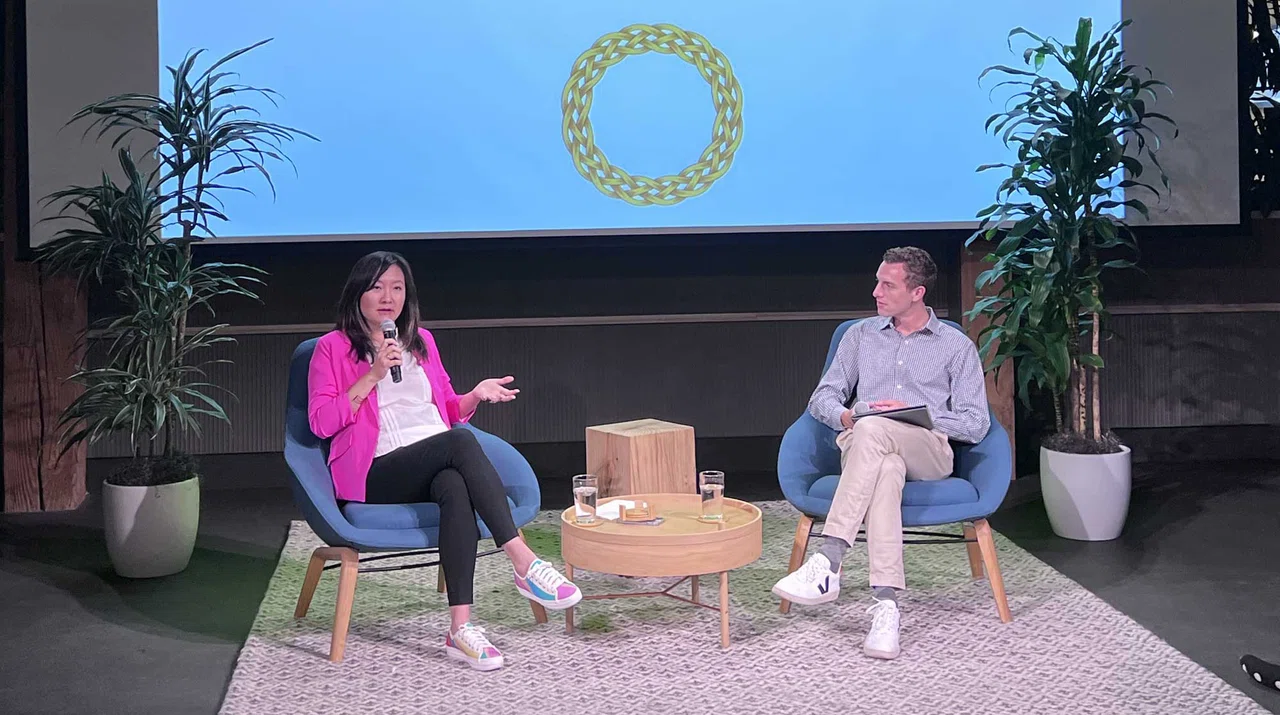
Close
result
FOREWORD
Weightlifter or ballet dancer? What’s your organisation’s culture musculature?
Weightlifter or ballet dancer? What’s your organisation’s culture musculature?
Mamei Sun
2 min read

Mamei Sun, former Chief of Staff to Oracle’s Larry Ellison, says the chief of staff acts as a cultural ‘trainer,’ but don’t neglect your own professional fitness.
Culture is often used as a soft word. Nothing could be further from the truth.
People are the biggest asset at any company and a culture builds around them organically. The culture determines who you hire; and those people continue to shape the culture going forward – so it’s a virtuous (or vicious) cycle. You could have a fantastic strategy but if it is not supported by the culture or you are not able to mobilise the workforce it will go nowhere. I have seen new leaders fail because they believe that they can single handedly change how things are done, instead of collaborating with the rest of the leadership team and listening to what the employee base is saying.
Often it is the chief of staff who is figuring out how to connect the strategy with the culture. A helpful analogy for me is to think about your organisation as a human body. The organisational structure is the skeleton, the bones of the body. The culture is the muscle system: it moves the bones in the way that will implement the strategy. But not all muscle systems are the same. A weightlifter, for example, has focused on developing different muscles than a ballet dancer has. A sprinter is built differently from a marathon runner. So the role of the chief of staff is to train or retrain the muscles so that they can move the bones in the way that the strategy (or sport) demands.
It tends to be a selfless role, one in which you don't get a lot of recognition and attribution. And sometimes I think that because of the servant leader mindset typical of most chiefs of staff, you don't tend to ask for recognition. I certainly didn’t: I didn't think it was important early in my career, because I thought that if I kept my head down and did the work, my achievements would be noticed. Now I am much further along in my career and no longer a chief of staff, I would urge readers of this journal to think carefully about how the role is contributing to achieving your long-term personal goals. How much are you learning about what your principal is doing, where the industry you’re in is going, and about what is going to get you where you want to be in three, five, ten years’ time? It's so easy to immerse yourself in the role because it's so busy, so all-absorbing, and totally borderless.
This is where the Chief of Staff Association comes in: a community of peers with whom you can discuss your experiences and join in boosting your personal and professional development. You need a group of people who can remind you to build your own muscles.
Author Bio
Mamei Sun
Global Head of AI GTM Strategic Business Operations, ServiceNow
Mamei worked for over a decade at cloud technology company Oracle, where she led its modernisation from a product-centered organisation to a customer-focused one through a marketing transformation, a complete rebrand, and a product strategy pivot. During this time, she served as chief of staff to company co-founder and CEO Larry Ellison – a role she held for most of her time at Oracle. She is now working with early-stage venture capital firm First Row Partners.





